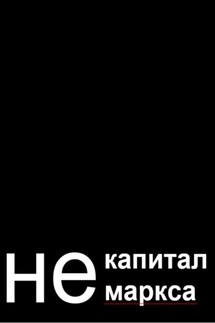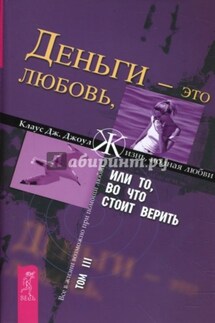The General Theory of Capital: Self-Reproduction of Humans Through Increasing Meanings - страница 46
“One current theory holds that modern world religions, such as Christianity and Islam, were able to spread precisely because they effectively enculturated norms of prosocial behavior which galvanized large-scale cooperation among relatively anonymous strangers (Atran and Henrich, 2010). According to this view, followers of modern world religions, such as Christianity and Islam, will be more likely to have internalized these norms of prosocial behavior and will thus treat anonymous others with greater fairness and generosity” (Hruschka and Henrich 2013, p. 5).
Trust is based on common norms: legal, religious, ethical, etc. It is common morality that ensures the unconstrained and unconditional unity of human beings, which results from belonging to a common culture, that is, to a single universe of norms and identities. Morality as a practice that takes shape in the space between instincts and reason is part of what Hayek called “extended order,” a spontaneous result of human action but not of human design:
“I prefer to confine the term ‘morality’ to those non-instinctive rules that enabled mankind to expand into an extended order since the concept of morals makes sense only by contrast to impulsive and unreflective conduct on one hand, and to rational concern with specific results on the other” (Hayek 1988-2022, vol. 1, p. 12).
The community is a unity of individuals and humanity; society creates a gap between them. This gap is filled by social categories that develop on the basis of common identities of people and their common social actions. Social classes are only one kind of social categories. The development of culture-society is not driven by the struggle of classes, but by the gap between society as a whole and individuals; and social categories are the necessary mediator that holds society and individuals together, connects individuals with each other. The pursuit of the ideal, of the unity of individuals and humanity, is the driving force of all socio-cultural development:
“Man is characterized by a free, i.e. consciously performed action in accordance with the universal, general goal of humanity. The ideal is this idea of the ultimate perfection of humanity. It thus includes the awareness that man is the end of his own activity in itself and in no way a means for someone or for something, be it God or a thing in itself. According to Kant, the ideal as a state of achieved perfection of the humanity, which we imagine today, is characterized by the complete overcoming of the contradictions between the individual and society, i.e. between the individuals who make up society (humanity)” (Ilyenkov 2019-, vol. 6, pp. 56-7).
Each moment in the evolution of culture-society is characterized by its own ideal, its own norms and its own choices that people make. By social necessity we understand a counterfactual result of social choice, of the activities and actions of people carried out within the framework of an imagined ideal socio-cultural order. By individual necessity we understand the case when a person (or a small group) makes a choice not only for himself but also for others. Justice is the degree of correspondence between social and individual choice, between social and individual necessity. Trust, justice and reciprocity are key elements of sociality that allow culture-society to reproduce itself. As Karl Polanyi noted, reciprocity and reputation, centralization and redistribution of goods were the basis of the socio-cultural order of early traditional communities: “Reciprocity and redistribution are able to ensure the working of an economic system without the help of written records and elaborate administration” (Polanyi 2001, p. 51).







